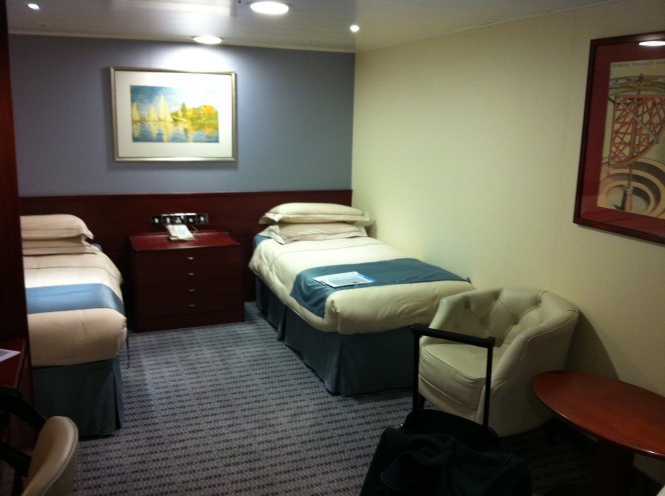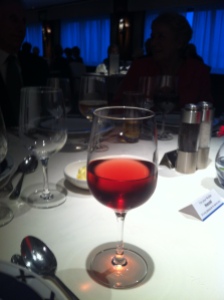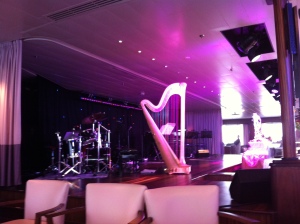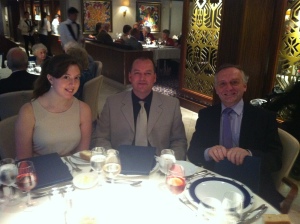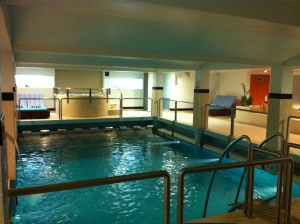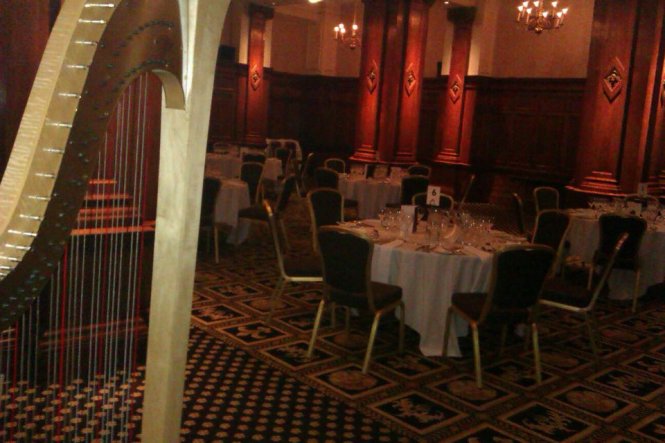You think being excellent at your instrument automatically makes you an asset to your orchestra?
Well… not necessarily.
I started playing with orchestras as a child, going away for week-long orchestral courses for IAPS and NSSO. These early experiences of playing in an orchestra are absolutely fantastic and get you into some great habits. As a young harpist, I was lucky to receive guidance from many amazing harpists – all of whom I still know and respect today (Honor, Gabriella, Eira, Rachel, Georgina and Anita to name just a few).
The following is a list of some of the things I’ve learned about playing in orchestras, if you are new to orchestral playing, following these tips will certainly help you make a good impression.
If some of these seem stupidly obvious, please forgive me, it’s my attempt at being thorough. Please know that this isn’t me being ‘holier than thou’ – believe me I’ve often fallen short of these standards. But I believe this is what we should all strive for.
Being on time is not good enough
First thing’s first. If a rehearsal starts at 10am, turning up at 10am means you are late and inconveniencing the conductor. I’d recommend if you have a large instrument (harp or percussion), aim to arrive AN HOUR before the starting time of the rehearsal. Everyone else, half an hour.
Hear me out here.
Arriving sufficiently early means you have time to find somewhere to park, unload, sort any potential disasters, find where you are going, settle in and tune before wind and brass start warming up, and maybe even grab a coffee too. By the time 10am rolls around, you’re relaxed, warmed up, caffeinated, and good to go. Plus, with traffic and the (very real) possibility of getting lost, we often arrive later than we expect – so this plan at least gives a good margin for error
No chatting, NO PHONES, no reading, unless the orchestra is rehearsing a movement you’re not in.
I get it, you’re not playing for a hundred bars and you need the gossip from last night. Maybe just send a quick text to see what’s going on.
No.
Conductors see everything and being on your phone in a rehearsal is unprofessional and rude. Just don’t do it. If you’re not playing for a whole movement that’s perhaps different but in general, keep in off, in your bag, away from you so there’s no temptation. Personally, during movements I’m not in a prefer a good book or a crossword/sudoku.
Whispering and chatting to your deskie while the conductor is talking is also a no-no, it’s obvious and distracting to others.
Tune quickly and quietly, when it’s your turn, and stop playing when you are in tune.
Oh, the joys of getting an orchestra in tune. Harpists, sit back and hope that you tuned to the same A that the oboist is now playing – personally I prefer 440 Hz but different orchestras might do things differently (441 or in some places even 442 *shudder*). Everyone else, tune when directed to do so, but please do it as quietly as you can (so as to be considerate to the players around you who are also tuning) and stop playing as soon as you are in tune – to make it easier for those still tuning.
Practise the music beforehand
I hope this one is obvious, particularly for harpists. If you can get your hands on the music in advance, do it! What helps me a lot is finding the score online (try imslp.org) and then listening to it on spotify. Notice any tricky or solo passages and work on those. Mark up your part as necessary. The better you know the music, the better prepared you are on the day. Preparation is key and no one wants to get caught out.
Be prepared
Have a specific bag that you bring with you to rehearsals, or keep these bits in your instrument case. A couple of 2B pencils (darker lead and easier to rub out), a wire stand in case there aren’t any at the venue, and a folding light just in case the light is poor for the concert.
Depending on your instrument of course you will need other bits and pieces, for me, I take my gig bag, the contents of which I list here.
Having these bits with you just puts your mind at ease that you won’t be caught out. It’s embarrassing to not have a pencil when you need to mark important instructions (cuts, repeats etc.)
Always, always, count.
So you’re not playing for a hundred bars, cry me a river and just make sure you count. All the time. SO many times I’ve been counting for what feels like hundreds of bars only for the conductor to stop just before I come in. Classic. But it’s still useful. You learn and can note down any important cues and get so much more of a feel for the music this way – and ultimately – that will add to your confidence when it comes to the performance. You’ll know exactly where to come in – and the conductor will love you.
Never rely on getting a cue from the conductor.
I say this with love, I really do. Conductors have so much to think about I don’t know how they do what they do. They won’t always be able to bring you in for your entry. This is why you need to count 100% of the time. Still WATCH the conductor at all times, but don’t be afraid to come in if they don’t give you a cue.
Harpists and other lone instruments: if you are not sure about your entry, come in anyway, if it’s wrong, it can be addressed, if it’s right, great work! Have the confidence to just come in, even if you’re not completely sure where you are. This comes with time and experience.
After a concert, sit when the leader sits, leave only when the leader leaves.
All this bowing, clapping, and standing after a concert has finished can seem silly, I mean, some of us actually have homes to go to, homes that are really far away. If in doubt, do what the leader does, when they sit, you sit, when they have left the stage, you can leave the stage.
Just don’t actually bow, you’ll feel ridiculous and you’ll be the only one. Smile at the audience and stand up straight, act like you are proud of what just happened.
Long Black is more professional that All Black.
Ladies, when it comes to concert clothes, let’s keep it decent. You don’t want the audience thinking you must be going clubbing right after the concert. This is less of an issue in winter, when church concerts make you want to put at least ten layers on as well as a hot water bottle and mittens.
But seriously, smart, professional, and long is best in my opinion. No miniskirts. ESPECIALLY if you straddle your instrument (I’m looking at you, cellists and harpists).
I used to love flouncing around in a black ball-gown at every orchestral gig I did. Nowadays I prefer smart black trousers, a black plain top and a black cardigan for smaller concerts and I keep the dresses for the bigger concerts halls and solo gigs.
So there you have it! Just a few tips to help make a good impression on your colleagues at orchestral gigs. Thanks for reading and I hope you find them useful.
Do you have any others that I’ve missed? Leave them in the comments below.



